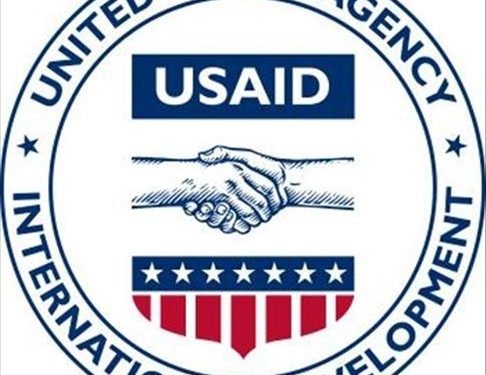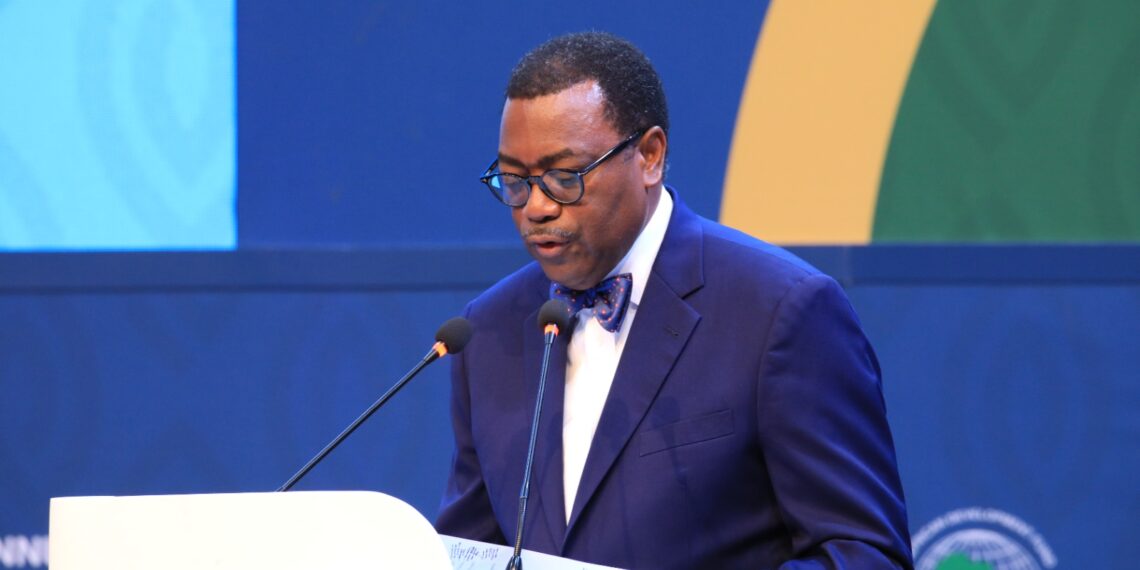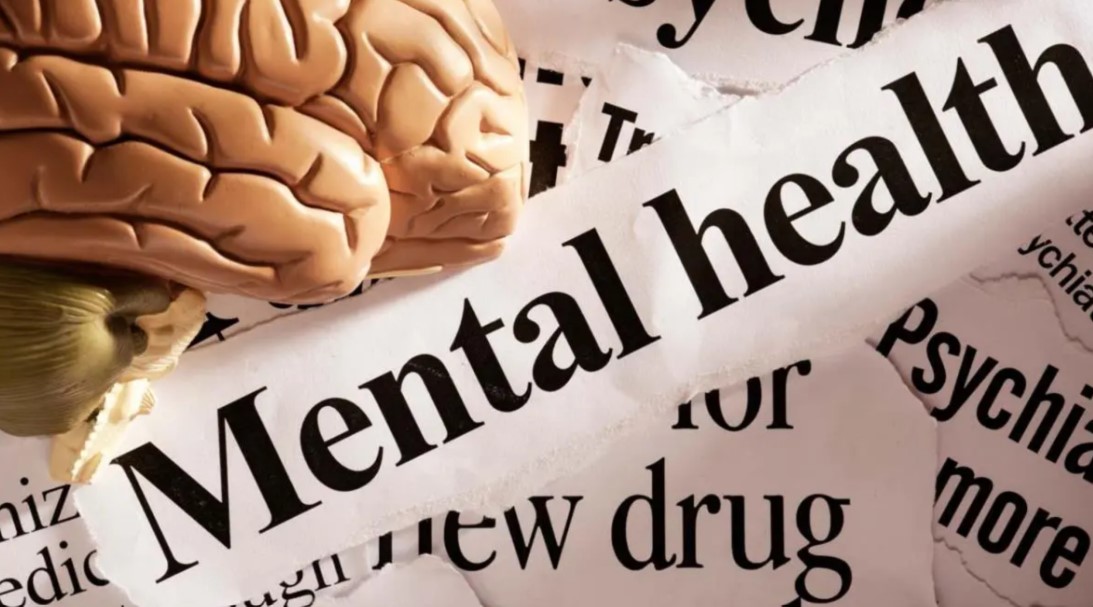
USAID supports UNICEF with $9.9m to improve water, sanitation, hygiene services in north-west Nigeria
- Health Sector
- No Comment
- 153
In an effort to provide funds that will provide lifesaving WASH services to more than 300,000 people in need of assistance, United States Agency for International Development (USAID) has awarded UNICEF the sum of $9,978,800 over three years to support the Nigerian government’s initiative to improve Water, Sanitation, and Hygiene (WASH) services in Kebbi, Sokoto and Zamfara States in North -West, Nigeria.
USAID’s assistance will help to build community-centred approaches to deliver, operate, and manage sustainable WASH services in rural areas, and to foster resilience in communities, in collaboration with the state governments.
A press from UNICEF, Kano Field Office signed by Communications Officer, Sam Kaalu made available to Journalists in Bauchi, on Wednesday, contained that It will also help rebuild dilapidated infrastructure and support community efforts to increase access to proper sanitation, adopt good hygiene practices, and improve water quality.
According to the statement, “USAID is dedicated to ensuring clean water for more Nigerians.”
The Mission Director, Dr Anne Patterson said that “This new activity with UNICEF will help reduce waterborne diseases to keep more people, especially children, healthy.”
According to the 2019 National Outcome Routine Mapping of WASH services (WASHNORM), 30 per cent of Nigerians lack access to basic water services and less than 10 per cent have access to safely managed water services.
While 44 per cent of Nigerians have access to basic sanitation services, 23 per cent, or 46 million people, lack access to proper sanitation, access to safe hygiene facilities nationwide is low, at 16 per cent.
In Nigeria, Sokoto and the Kebbi States have the lowest levels of access to basic water services at 38 per cent and 39 per cent, respectively.
Access to basic sanitation is also low in Kebbi, Zamfara and Sokoto States, at 35 per cent, 38 per cent, and 41 per cent, respectively. Only five per cent of people in Sokoto and one per cent in Kebbi have access to safely managed water services.
This severe shortage of clean water supply, toilets, and hand-washing facilities in households across Nigeria present a formidable challenge while poor access to WASH services is the major cause of diarrheal morbidity and mortality in Nigeria and is associated with at least 70,000 deaths in children under five each year.
Lessons from the COVID-19 pandemic have also reinforced the importance of adequate and safe water, basic sanitation, and proper hygiene practices to stem the spread of the disease, including in Nigeria.
“We are extremely grateful for the timely and much-needed WASH support from the United States Government. The ongoing COVID-19 pandemic, coupled with prevailing challenges and gaps in WASH services in northwest Nigeria, is detrimental to the development of children and rural communities. This assistance is a testament to USAID’s commitment to the children and people of Nigeria,” said Peter Hawkins, UNICEF Representative in Nigeria.
USAID leads international development and humanitarian efforts to save lives, reduce poverty, strengthen democratic governance, and help nations progress beyond assistance.
In Nigeria, USAID supports health systems strengthening, transparent and accountable governance, basic education, and a more market-led, trade-friendly economy.
UNICEF works in some of the world’s toughest places, to reach the world’s most disadvantaged children and across 190 countries and territories, it works for every child, everywhere, to build a better world for everyone.
Written By: Isohla Michael
Source: Nigerian Tribune
Link: https://tribuneonlineng.com/usaid-supports-unicef-with-9-9m-to-improve-water-sanitation-hygiene-services-in-north-west-nigeria/amp/?__twitter_impression=true






